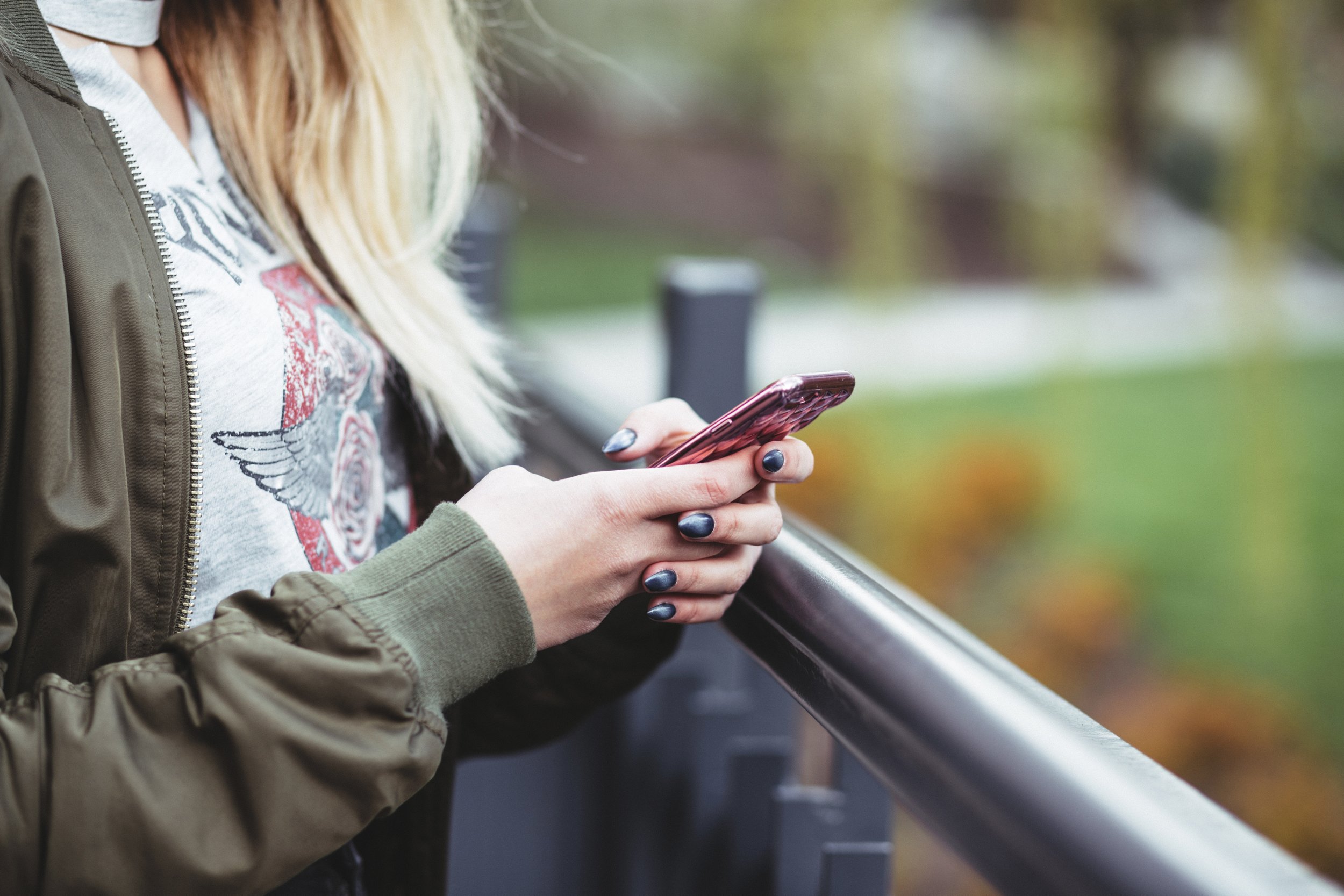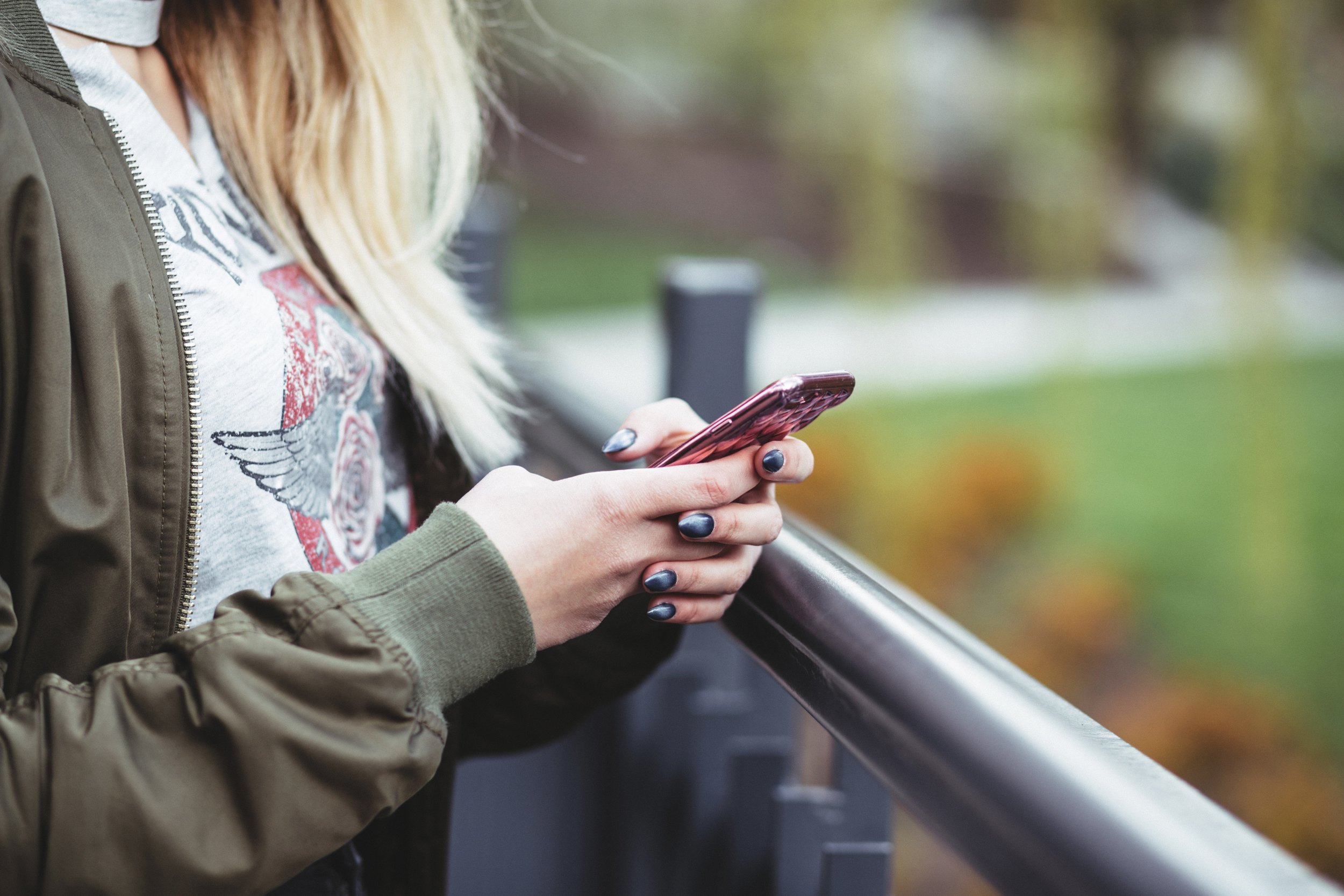We are living in an extraordinary time, where at the touch of a button, we have endless amounts of information at our disposal. We can connect with friends and family from thousands of miles away in real time, check in to see what our old friends from high school are up to, and see what people we barely know are having for lunch. It is safe to say that the world is connected more than ever before!
But for all the praise we give social media, it is not without its flaws. More than ever, people are glued to their phones throughout the day. So much so that Phantom Vibration Syndrome, a phenomenon where you think you feel your phone vibrating but it isn’t, has become common across the country. When apps like snapchat, twitter, and instagram hold our attention captive to the point where it interferes with our lives, it can become a problem. Some of the key problems with social media are:
1) It can become addictive
When casual use turns into a frequent obsession, you know the line has been crossed. A study from Swansea University found that people experienced the psychological symptoms of withdrawal when they stopped using social media. A recent follow-up study found that when people stop using, they also undergo small, but measurable physiological effects. Study author Phil Reed said, “We have known for some time that people who are over-dependent on digital devices report feelings of anxiety when they are stopped from using them, but now we can see that these psychological effects are accompanied by actual physiological changes.”
2) It can make us feel isolated
It seems that the more important role social media plays in our lives, the less happy we are. Studies have even found that social media use is linked to greater feelings of social isolation. Perceived social isolation is one of the worst things for us, mentally and physically.
3) Comparing our lives with others is mentally unhealthy
It is easy to fall into the trap of comparing ourselves to others as we scroll through social media feeds of beautiful models, successful professionals, and talented celebrities. It is also easy to feel like we can’t measure up to the ideals that are being glamorized on social platforms.
4) It can increase feelings of jealousy & cause relationship tension
The authors of one study, looking at jealousy and other negative feelings while using Facebook, wrote that, “This magnitude of envy incidents taking place on FB alone is astounding, providing evidence that FB offers a breeding ground for invidious feelings.”
5) Loss of Productivity
Social media can cause constant mental diversion and lower productivity. The desire to stay in touch and get the latest updates can put a lot of pressure on the brain and make it more difficult to focus on a single task.

